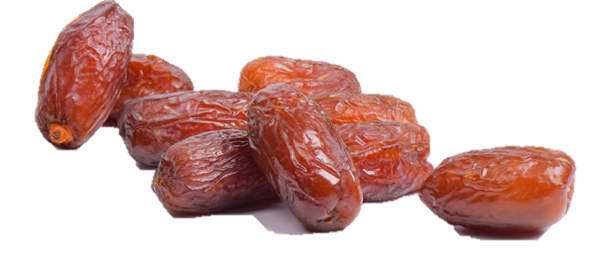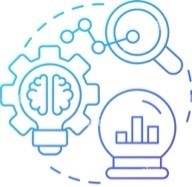Date fruits (Phoenix dactylifera L.) are widely consumed in the world after post‐harvest season. Due to the perishability of date fruits (high sugar and water content) and seasonal character of production, there is a need to extending their shelf life through innovative drying techniques and cold storage. Actually, various post-harvest treatments and storage approaches have been used to maintain and improve date fruit quality and extend shelf‐life. However, there were insufficient studies that were focused on the behavior of date fruits under controlled cold storage conditions: especially the effect of couple “temperature-relative humidity”, on the comparison of cold and freezing storage techniques on deep features, textural, color and 3D microstructural parameters of fresh date fruits.


M-LEARN4DATE will use of innovative and non-destructive methods (Deep learning and traditional computer vision) for the acquisition of new, not found in scientific literature, information about textural, geometric, color parameters and 3D microstructural parameters of fresh, dried, cold stored and frozen date fruits.


M-LEARN4DATE will address the potential combined effect and interactions of the most important pre-treatment (drying) of date fruits and cold storage on biochemical quality, physical properties and image features of date samples.

M-LEARN4DATE will try to develop predicting models of date fruit’s behavior under cold/freezing storage based on data obtained from image analysis.











